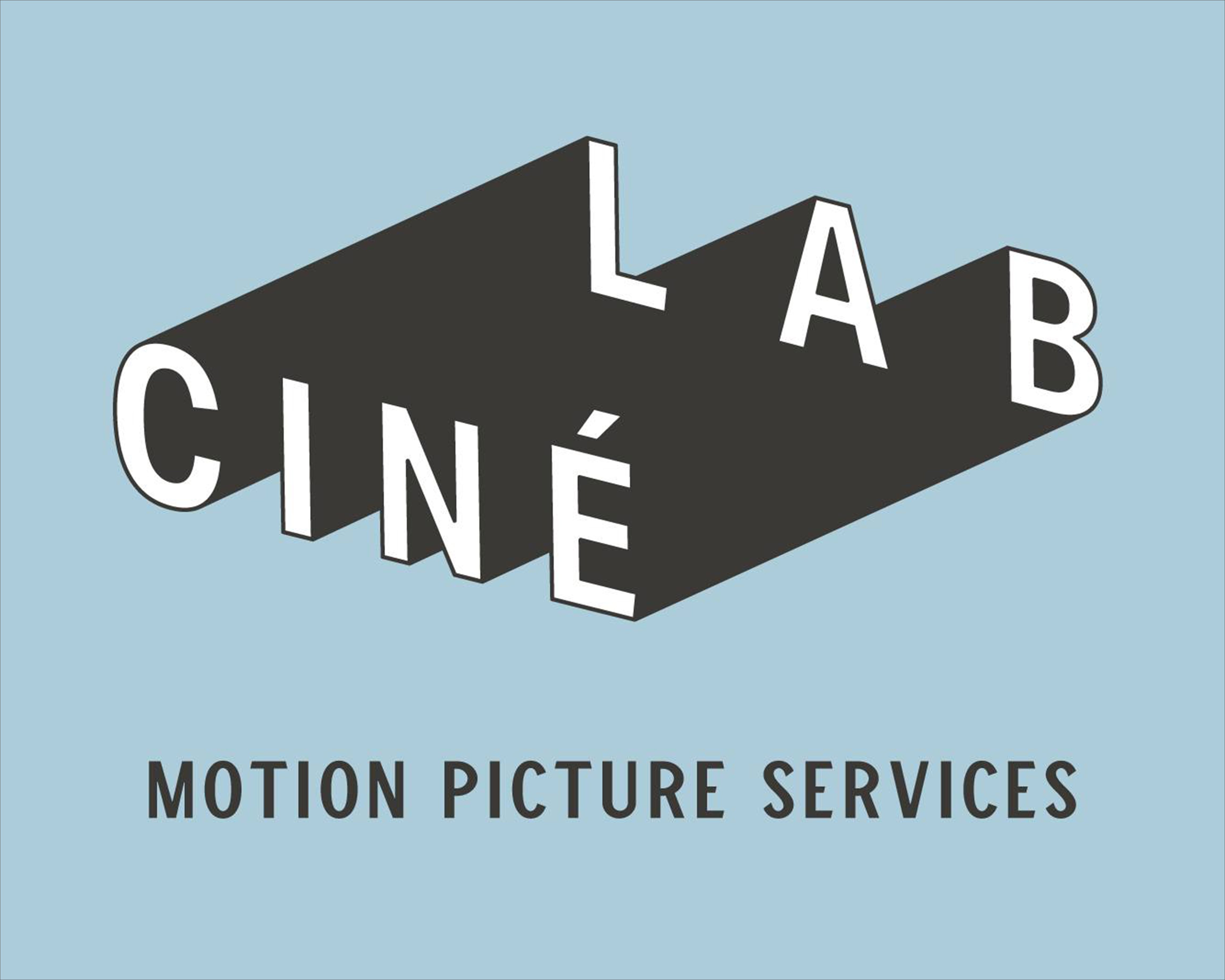S
sbaldwin
Guest
Hi Everyone!
I'm totally 'green' to the film/video industry and have a very broad, somewhat vague question.
Assuming that video is the medium, how much overlap is there among the different professions that rely on video?
For example, do film students ever become photojournalists or visa versa? Do journalism/TV production students ever become cinematographers? Does the guy or gal operating the camera for the nightly news affiliate go to film school or some other training facility? What about the people who shoot TV commercials and/or sporting events...where do they go to learn??
Thanks in advance for your input. I literally have no knowledge of the industy and hope to at least get some bearings on what's what.
Shannon
I'm totally 'green' to the film/video industry and have a very broad, somewhat vague question.
Assuming that video is the medium, how much overlap is there among the different professions that rely on video?
For example, do film students ever become photojournalists or visa versa? Do journalism/TV production students ever become cinematographers? Does the guy or gal operating the camera for the nightly news affiliate go to film school or some other training facility? What about the people who shoot TV commercials and/or sporting events...where do they go to learn??
Thanks in advance for your input. I literally have no knowledge of the industy and hope to at least get some bearings on what's what.
Shannon






